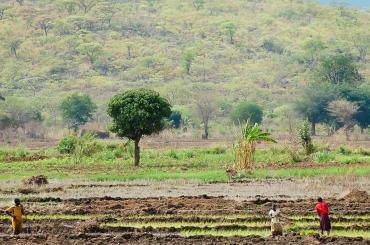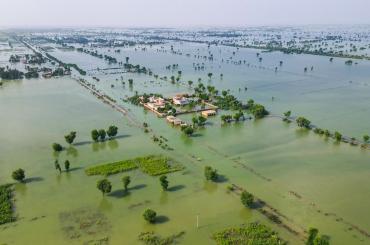

Kelsey Jack
Associate Professor, Business & Public Policy Group, Haas School of Business, UC Berkeley
B Kelsey Jack is an Associate Professor in the Business and Public Policy group at the Haas School of Business at UC Berkeley and is the Sheth Sustainable Business Chancellor's Chair. Kelsey does research at the intersection of environmental and development economics, with a focus on how individuals, households, and communities decide to use natural resources and provide public goods. Much of her research uses field experiments to test theory and new policy innovations. She has conducted research in numerous countries in Africa, Asia and Latin America, and has ongoing work in South Africa, Uganda, Zambia and Niger. She joined the Bren School after seven years as an Assistant Professor in the Economics Department at Tufts University and a postdoc position at MIT, with the Agricultural Technology Adoption Initiative (ATAI) at J-PAL. She holds a bachelors degree in Public and International Affairs from Princeton University and a PhD in Public Policy from Harvard University. Before graduate school, she spent two years in Lao PDR working for IUCN.
Recent work by Kelsey Jack
-

Applying insights from psychology to help farmers plan and save for the future
A participant-centred planning intervention, that prompted farmers to think through all potential income and expenditures using categorisation and labelling, leads to smoother consumption across seasons, more savings and higher farm yields for Zambia...
Published 27.08.24
-

Environmental economics and policy in low- and middle-income countries
What can policymakers in low- and middle-income countries learn from environmental economics?
Published 27.09.23
-

Reducing air pollution: Evidence from payments to reduce crop burning in India
Programmes that pay farmers not to burn crop residue face challenges with compliance, but contracts that include partial upfront payments can help
Published 28.03.23
-

Seasonal liquidity, rural labour markets, and agricultural production
Loans allowed low-income households to reallocate labour away from the market and back onto their own farms, and thereby improve their own harvests
Published 12.07.22
-

Information works: The impact of training on the adoption of environmental technologies by farmers
A simple training increased adoption of an agricultural technology by over 90%, with persistent improvements in agricultural production and land use
Published 06.05.22
-

Charging ahead: Prepaid metering, electricity use, and utility revenue
Prepaid electricity meters are changing how residential customers pay for power across the developing world
Published 02.08.19
-

Family dynamics and water conservation: Evidence from Zambia
Individuals put less effort into conserving water or energy at home when they share the resulting financial savings with other household members
Published 20.04.18